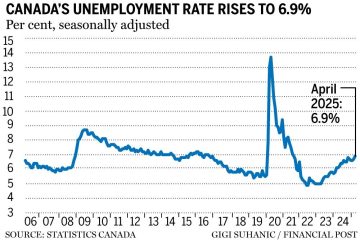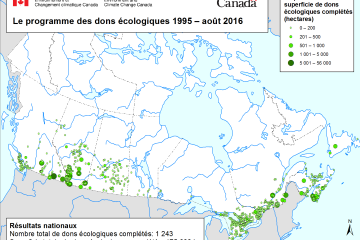Understanding the Rise in School Cancellations Across Canada

The Growing Issue of School Cancellations
In recent months, Canada has seen a significant increase in school cancellations, which have sparked numerous discussions among educators, parents, and policymakers alike. Understanding the root causes of these cancellations is vital, especially as they impact children’s education and community resources.
Factors Contributing to Cancellations
One major factor leading to school cancellations is severe weather conditions. According to Environment and Climate Change Canada, instances of heavy snowfall and icy conditions have escalated in several provinces, particularly in Ontario and Quebec, leading to the closures of hundreds of schools. In January alone, over 200 schools in Ontario were closed due to dangerous weather, raising concerns about the safety of students traveling to and from school.
Health Concerns and Operational Challenges
Alongside weather-related issues, health concerns stemming from the ongoing COVID-19 pandemic have influenced school operation decisions. Several school boards have opted for temporary closures in response to rising cases of respiratory illnesses, including flu and COVID strains, to maintain the safety of both students and staff. The Canadian Public Health Association reported a sharp increase in sick days taken by teachers and staff, prompting some districts to resort to remote learning as a flexible alternative.
Impact on Students and the Community
The impact of school cancellations extends beyond the classroom. Parents often struggle to find childcare solutions on short notice, which creates additional stress for families. According to a survey by the Canadian Institute for Health Information, disruptions to the school schedule can lead to academic setbacks for students, especially those from disadvantaged backgrounds. Early educational interventions may be required to address these gaps.
Looking Ahead: Possible Solutions
Educators and policymakers are now grappling with how to handle this growing trend. Some proposed solutions include improving communication channels between school boards and families, implementing robust remote learning frameworks, and investing in infrastructure to support students during adverse weather conditions. Collaborations between municipalities and school boards may also yield new strategies to ensure the continuity of education during extreme situations.
Conclusion
As school cancellations continue to occur throughout Canada due to a combination of severe weather and health concerns, it is crucial for stakeholders to adapt to these challenges. By proactively addressing the factors leading to closures and exploring innovative solutions, the education system can mitigate the negative effects on students and communities, ultimately ensuring a more resilient educational landscape for future generations.









